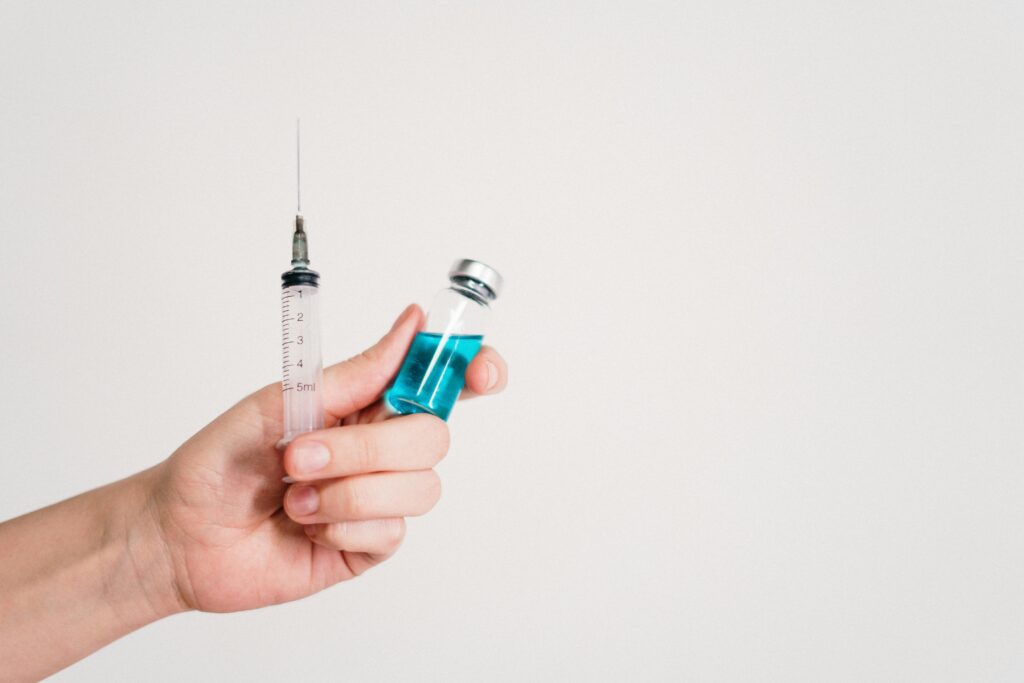Vaccination is one of the most impactful public health interventions in history. From eradicating deadly diseases to preventing future pandemics, vaccines have saved millions of lives and continue to protect generations across the globe. In a world where health misinformation is widespread, it’s essential to understand and appreciate the real, science-backed benefits of vaccination.
Here’s why vaccines are crucial—for individuals, families, and communities.

Vaccination is one of the most powerful tools in modern medicine, offering protection against a wide range of serious and potentially life-threatening diseases. By introducing a harmless part or form of a pathogen into the body, vaccines train the immune system to recognize and fight off infections more effectively. This not only helps individuals avoid illness but also significantly reduces the risk of complications, hospitalizations, and death associated with diseases such as measles, polio, and influenza.
One of the greatest benefits of vaccination is its ability to prevent the spread of contagious diseases. When a large portion of the population is vaccinated, it creates what’s known as herd immunity. This makes it much harder for diseases to circulate, thus protecting vulnerable individuals who cannot be vaccinated—such as newborns, elderly people, or those with compromised immune systems. Through herd immunity, communities become stronger and more resilient against outbreaks.
Vaccination also plays a key role in reducing the burden on healthcare systems. By preventing disease, vaccines decrease the need for doctor visits, hospital stays, and long-term treatment, ultimately saving both lives and medical costs. In fact, the economic benefits of vaccines are well-documented, with childhood vaccination programs saving billions globally in medical expenses and lost productivity.
Furthermore, the positive impact of vaccination extends across generations. Diseases that once caused widespread death and disability, such as smallpox and rubella, have been either eradicated or significantly controlled thanks to widespread immunization. This means today’s children grow up in a safer, healthier world—one where they are unlikely to face the same risks as previous generations. Vaccination also helps in the fight against antimicrobial resistance by reducing the need for antibiotics and lowering the risk of drug-resistant infections.In a time where misinformation about vaccines can spread easily, it’s more important than ever to rely on trusted science and public health guidance.
Choosing to get vaccinated is not just about individual protection; it is a commitment to the well-being of society as a whole. With continued awareness and collective action, vaccines will remain a cornerstone of global health, ensuring a healthier and brighter future for all.
Final Thoughts
Vaccination is not just a personal choice—it’s a responsibility to yourself and your community. In an era of scientific advancement, no one should suffer from preventable diseases. Trust in science, protect your health, and be a part of the global movement toward a healthier, disease-free future.
Stay informed.
Stay protected.
Get vaccinated.